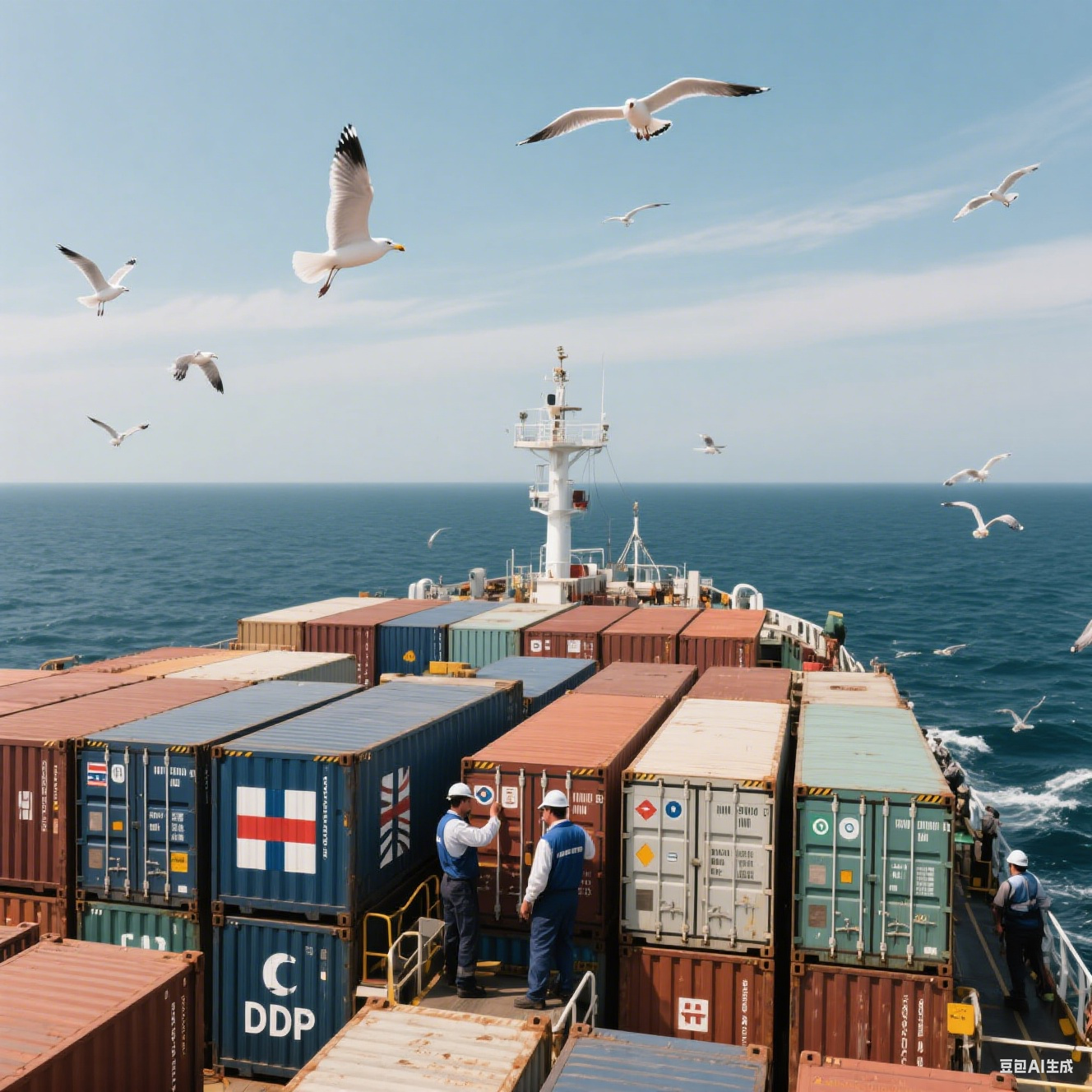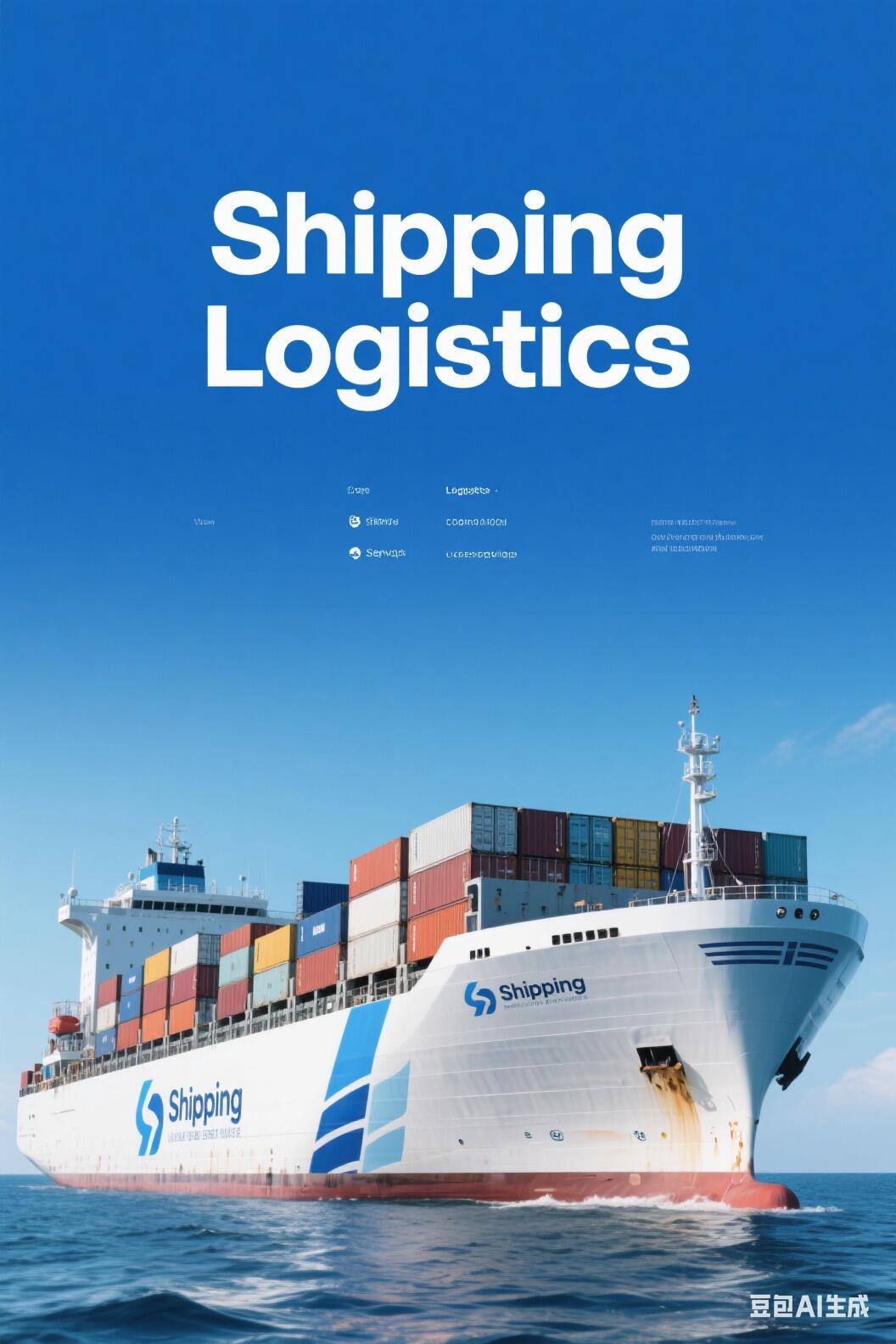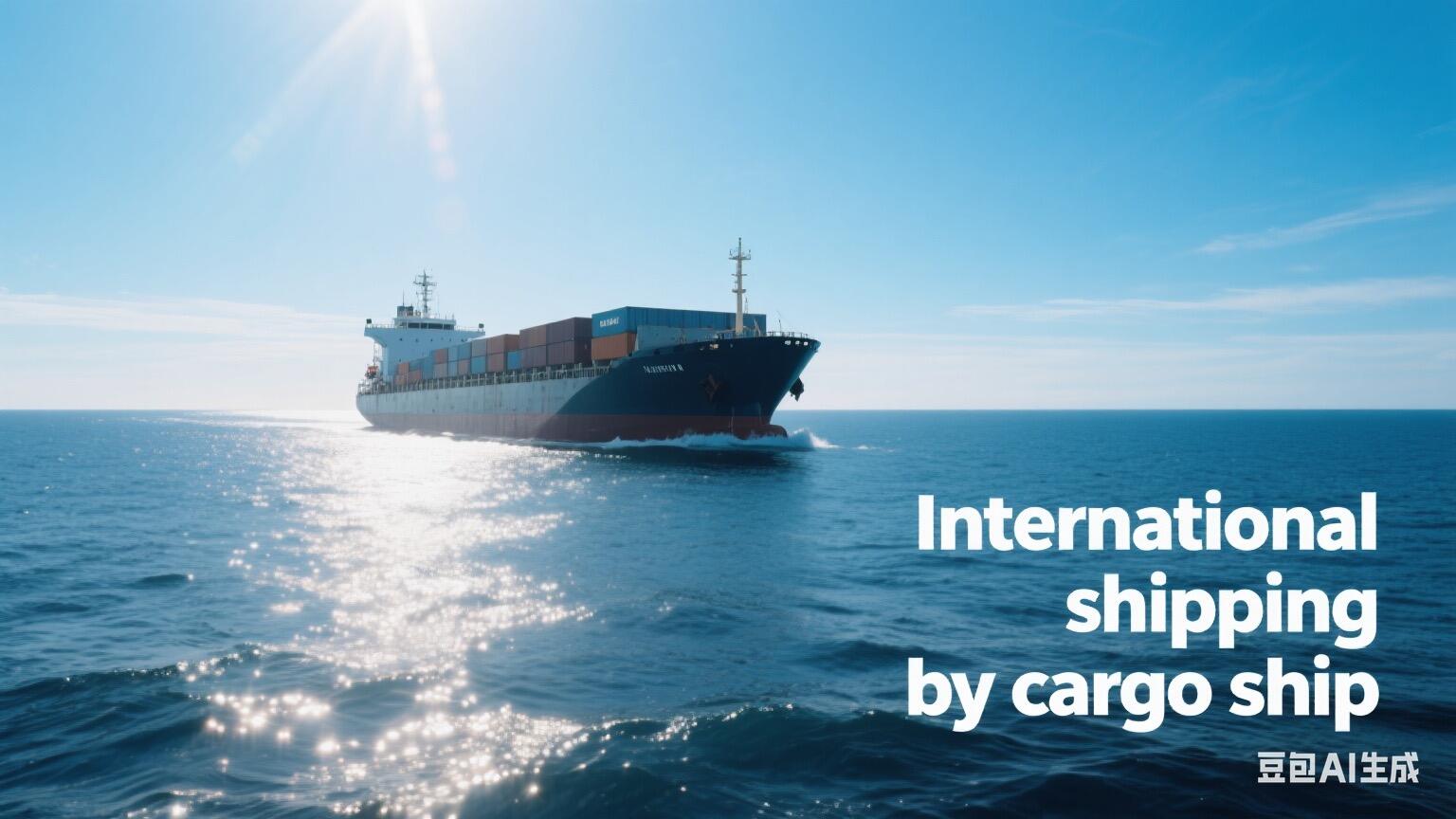international sea freight
International sea freight represents the backbone of global trade, facilitating the movement of goods across oceans through sophisticated vessel networks and advanced logistics systems. This mode of transportation utilizes state-of-the-art container ships, bulk carriers, and specialized vessels to transport various cargo types, from raw materials to finished products. Modern sea freight operations incorporate cutting-edge tracking technologies, allowing real-time monitoring of shipments and environmental conditions. The industry employs standardized shipping containers, enabling efficient cargo handling and seamless intermodal transfers. Advanced port facilities equipped with automated cranes, digital management systems, and artificial intelligence optimize loading and unloading processes. Temperature-controlled containers maintain product integrity for perishable goods, while specialized vessels handle liquid bulk, dry bulk, and oversized cargo. The system integrates with global supply chain management platforms, providing end-to-end visibility and comprehensive documentation handling. Environmental considerations are addressed through fuel-efficient vessels and route optimization technologies, reducing carbon footprint while maintaining operational efficiency.


